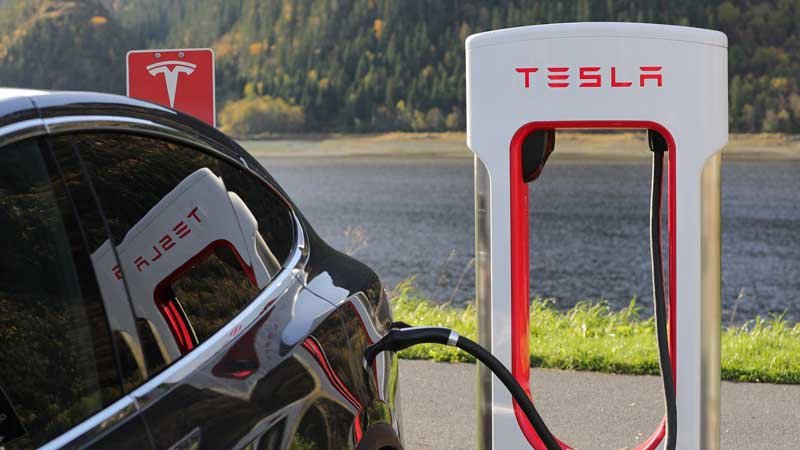Chemical businesses in India are pursuing diversification and have their sights set on the value chain of EV batteries. The lithium-ion battery, which is utilised in electronics, electric vehicles, and energy storage, is a crucial component in this.
Research by Nirmal Bang states that a total expenditure of ₹30,000 crore to ₹35,000 crore will be needed for battery cells with a capacity of 100 Giga Watt Hour (GWh) by 2030. This investment will be split between Cathode, Anode, and Electrolytes. Here, the cathode accounts for roughly 35 percent of the entire battery cost, with the remaining components being the anode (9.9%), copper (3.8%), and container (21.9%).
Businesses focusing on the EV battery value chain:
In order to enter the electrolyte additives market, Aether Industries has established a strategic agreement with a major global maker of lithium-ion batteries. One electrolyte additive was supplied commercially as part of this, and talks regarding three further items have started.
Additionally, Himadri Speciality Chemicals plans to establish a manufacturing facility with a 2 lakh tonnes annual capacity to produce components for lithium-ion batteries. Either a subsidiary or the corporation itself will handle this. The project will take five to six years to complete and will cost about ₹4,800 crore.

An international producer of electrolytes and Ami Organics has inked a non-binding memorandum of understanding. In addition, the firm and the Gujarati government are about to ink a memorandum of understanding for the establishment of a ₹300 crore manufacturing plant. It had previously stated that it has created two products: a liquid electrolyte additive to boost lithium batteries’ electrolyte capacity and a solid battery additive.
Neogen Chemicals is another firm preparing to enter the lithium-ion battery electrolyte market. The business has acquired its production technology licence for electrolyte manufacturing through an arrangement with MU Ionic Solutions Corporate, Japan. In 2025, commercial production with a 30,000 MT annual capacity is scheduled to commence. Neogen’s management stated in an interview with CNBC-TV18 that this will need ₹450 crore in capital expenditure by the financial year 2027, with a potential income of ₹1,000 crore to ₹1,200 crore.
Gujarat Fluorochemicals will use its expertise in flourine chemistry to produce battery chemicals for electric vehicle batteries. It intends to make investments in areas like renewable hydrogen and battery chemistry totaling close to $1 billion. GCFL EV Products, a subsidiary, will handle this.
Finally, ever since the Tata Group committed to the $1.6 billion EV battery plant, Tata Chemicals has been in the public eye. Although the company hasn’t mentioned it explicitly, they have said that two tonnes of soda ash are needed for every tonne of lithium carbonate, which could mean a significant opportunity for them.